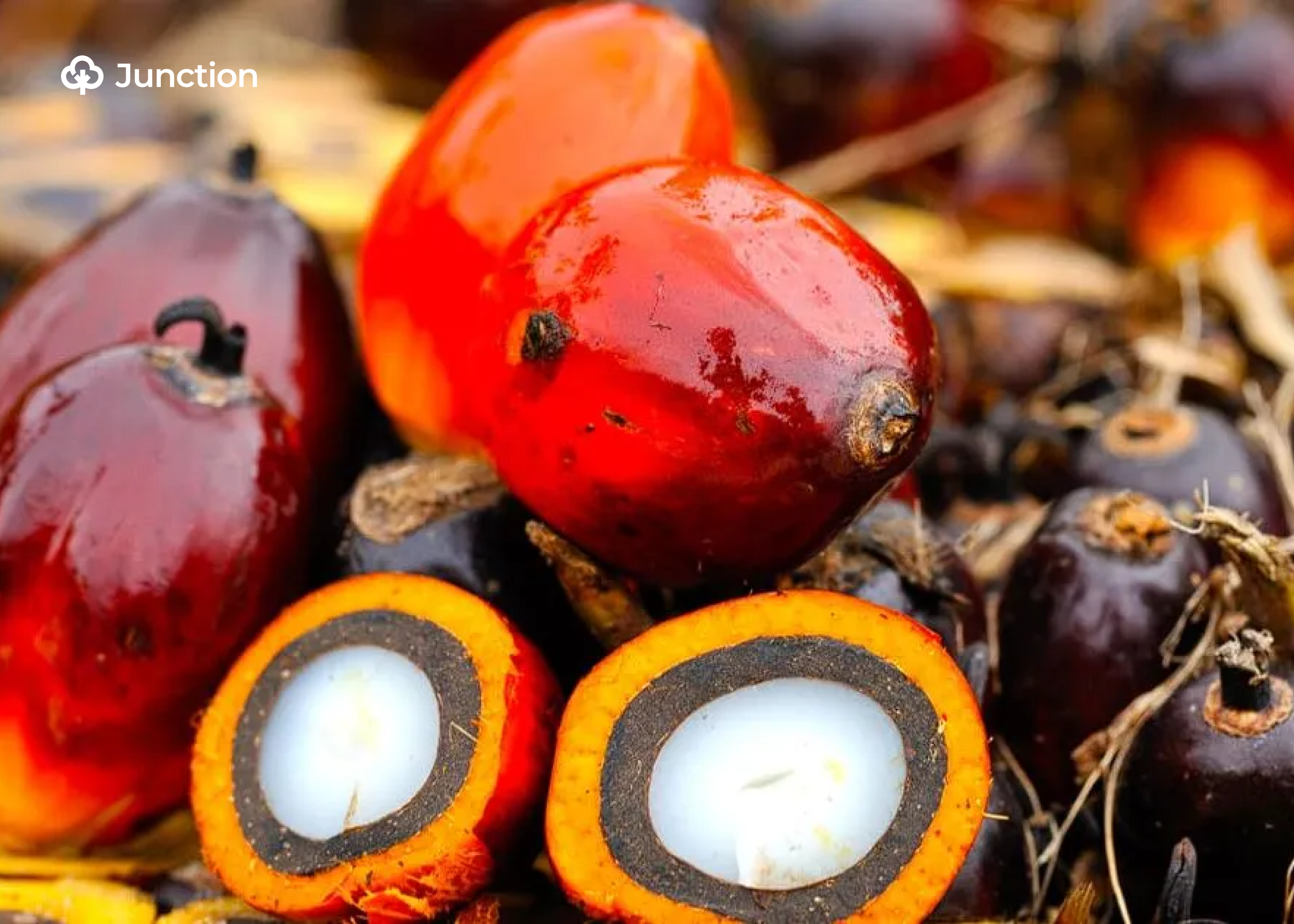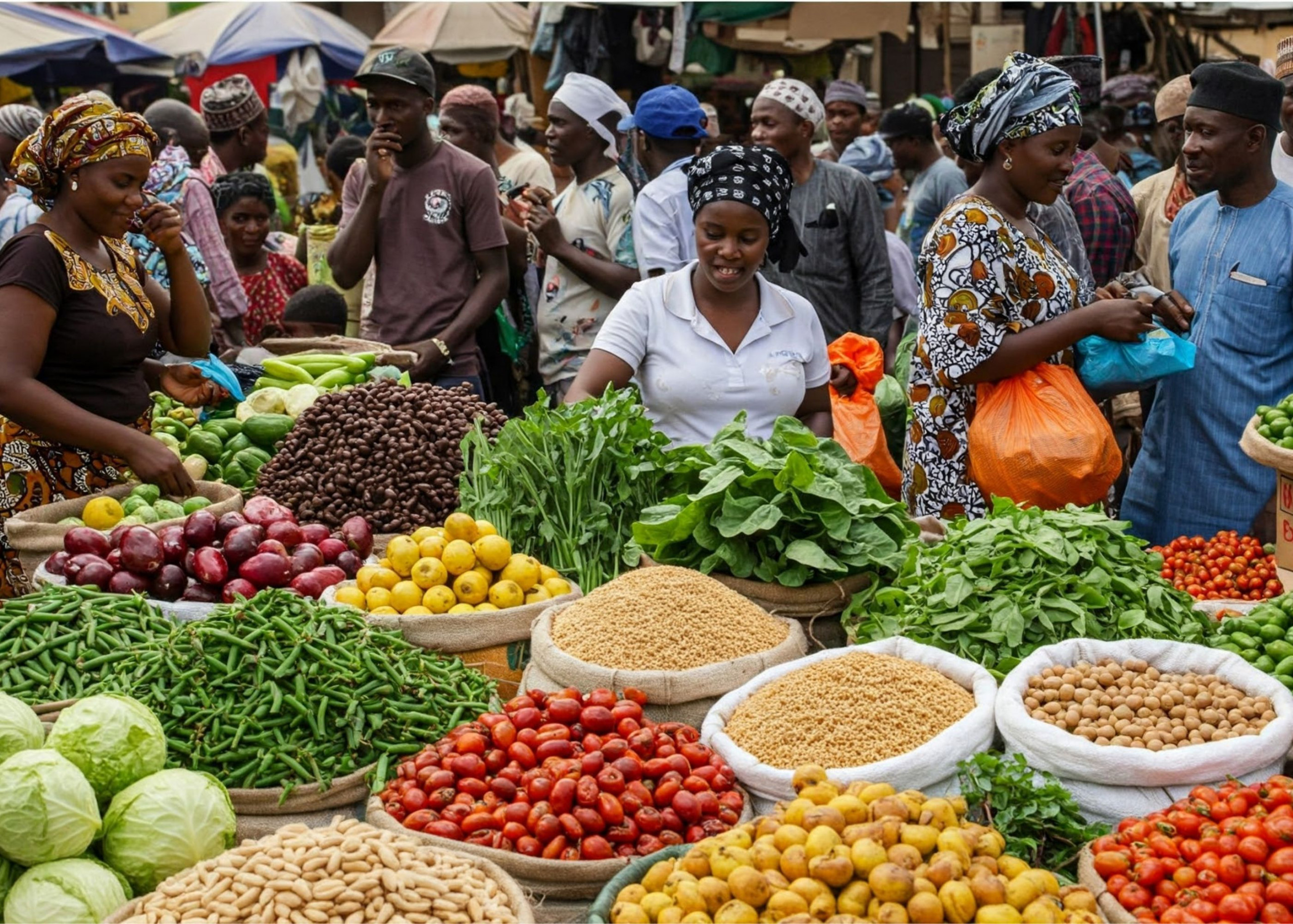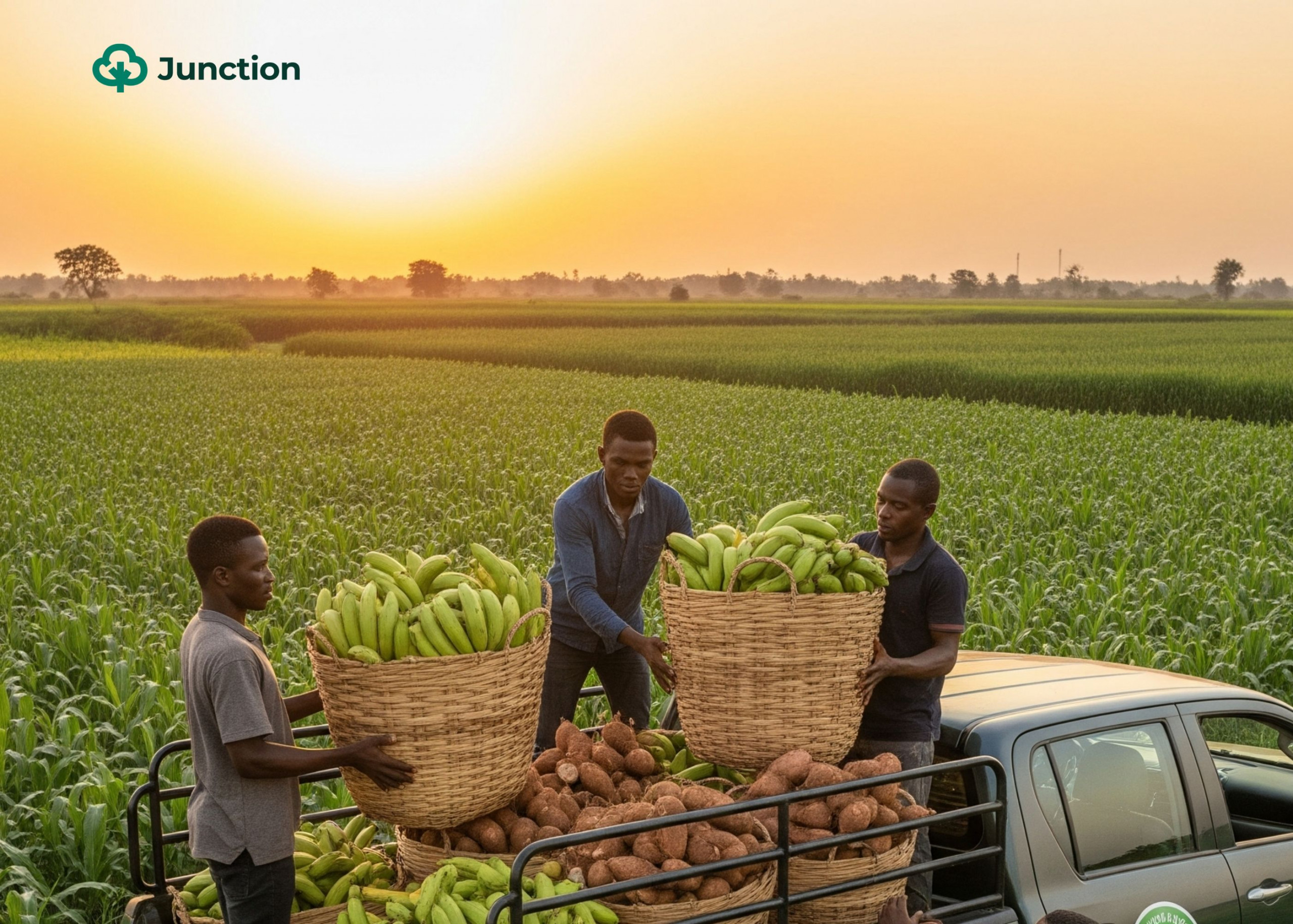In the first quarter (Q1) of 2024, Nigeria experienced a remarkable surge in capital importation, reaching $3.376 billion. This represented a significant 198.06% increase from the $1.132 billion recorded in Q1 2023, and an impressive 210.16% rise compared to the preceding quarter (Q4 2023), where $1.088 billion was imported. This sharp increase signals a resurgence in investor confidence and a positive shift in the country’s economic prospects.
Portfolio investment, which accounted for $2.075 billion, or 61.48% of the total capital importation, was the bulk of this capital inflow. This was followed by other investments, which contributed $1.181 billion, representing 34.99% of the total. Foreign Direct Investment (FDI), however, contributed only US$119.18 million (3.53%).

The lion’s share of foreign investment in Q1 2024 flowed into the banking sector, accounting for 61.24% of the total capital imported, or $2.07 billion. The trading and production/manufacturing sectors also attracted significant investments, but not to the same extent. It received $494.93 million (14.66%) and the production/manufacturing sector received $191.92 million (5.68%). This concentration of capital in a few key sectors highlights the current investor sentiment and preferences within the Nigerian economy.

Geographically, Lagos State reigned supreme as the top destination for foreign investment, attracting 82.42% of the total capital imported, or $2.782 billion. Abuja followed at a considerable distance, accounting for 17.58% of the inflows. About 0.01% was concentrated in Ekiti State. This distribution highlights the ongoing concentration of economic activity and investment in Nigeria’s major urban centers.
Capital importation in the agricultural sector
Despite agriculture’s significant contribution to Nigeria’s gross domestic product (GDP), accounting for around 24%, and its role in employing approximately 35% of the population, the sector attracted a modest US$15.80 million in capital importation during the period under consideration. This amount represents just 0.47% of the total capital imported into the country, placing agriculture in the 9th position among all sectors.
While this figure is low compared to top-performing sectors like banking, which received over $2 billion, it’s worth noting that this is the highest first quarter capital importation into the agricultural sector since 2022. After a swift plunge from $66.40 million in Q1 2021, the sector has struggled to attract significant foreign capital. This recent increase, though modest, could indicate a gradual recovery and renewed interest from investors.

However, the sector’s small share of capital inflows continues to reflect a broader trend where foreign investors prioritise sectors with faster returns on investment (ROI), such as finance and trade, over agriculture, which is often seen as more challenging due to its dependence on factors like unpredictable weather patterns, insecurity, inadequate infrastructure, and policy uncertainties.
This limited inflow of capital raises important questions about the sector’s ability to attract the necessary investments to drive growth and innovation. While agriculture remains the backbone of Nigeria’s economy, its relatively small share of foreign capital inflows could limit its potential to scale up production, adopt new technologies, and improve yields. The sector’s perceived high risk and low return continues to deter investors.
This trend also highlights the need for targeted policies and incentives to attract more foreign investment into agriculture. For example, improving infrastructure, reducing risks associated with agricultural investments, providing clearer regulatory frameworks, offering tax incentives, and ensuring stable and supportive policies can help make the sector more appealing to both domestic and international investors.
However, this incremental improvement in capital importation presents an opportunity for policymakers and stakeholders to capitalise on this momentum. By creating a more conducive environment for investment the government can make agriculture a more appealing option for local and foreign investors. Strengthening public-private partnerships and fostering innovation within the sector could also help attract more capital, pushing the sector toward sustained growth.
Future outlook
The outlook for capital importation into Nigeria’s agricultural sector could become more positive if the recent increase in Q1 2024 capital inflow marks the beginning of a new trend. However, realising this potential will depend on the actions taken by both the government and industry players to address the barriers to investment. Targeted efforts, such as implementing policies that mitigate risks could make the sector more resilient and attractive to investors.
Moreover, as global demand for food and agricultural products continues to rise, Nigeria’s agricultural sector has the potential to tap into export markets, further boosting its attractiveness. Leveraging this potential requires sustained efforts to improve productivity, enhance the quality of agricultural products, and build stronger value chains.
In conclusion, with the right mix of policies, investments, and innovations, agriculture could become a more significant contributor to Nigeria’s capital inflows in the future, driving growth and development across the country.



